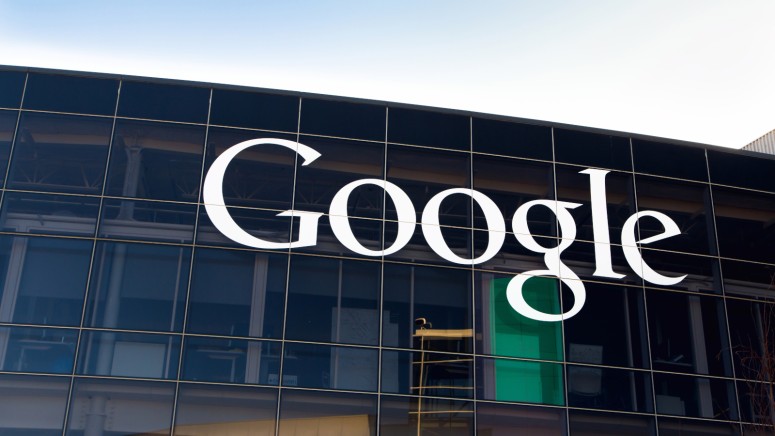
Google Ramps Up Its Efforts to Stop Bad Ads That Lead to Phishing
- Google is determined to reduce the occurrence of trick-to-click and phishing ads on its marketing platforms.
- The tech company says they have already figured out what does and does not work, based on last year's measures.
- The path in 2020 will be based on stricter policies, targeted reviews, and abuse pattern identification.
Google has announced its 2020 plan on how it will stop phishing ads on its marketing platforms, as the rate of abuse is continuously growing, and so more drastic measures need to be implemented. As the tech company revealed, in 2019 alone, they blocked and removed 2.7 billion ads that were ill-intended and suspended approximately a million advertising accounts for policy violations reasons. Moreover, they have terminated 1.2 million publisher accounts and removed their advertisements from over 21 million Web pages. These numbers indicate a severe and extensive problem, so Google had to take additional measures to tackle it this year.
GIF animation courtesy of blog.google.com.
First, the tech giant has figured that specific categories of ads tend to be more prone to abuse, so it can allocate its reviewing resources in a targeted manner, thus achieving more effective detection and blocking. An example that is presented is that of “password renewal services,” which were very often phishing attempts. Google is also mentioning certain patterns, such as “click here” buttons that are designed to look like typical computer or mobile OS warnings, being predominantly “trick-to-click” ads. So, the company has assembled a new team of reviewers to track these common signs of fraud, and they already see a 50% decrease in the occurrence of malicious ads.
Steps were taken on the policy area, too, as imposing stricter and broader policies reduces the margin of freedom for bad advertisers and publishers. For example, they have amended the policies that underpin online financial services, as an increasing number of personal loan ads contained misleading or false information. From 2019 and onward, advertisers of this type of service had to declare all fees, risks, and benefits explicitly right on the ad. Last year, this measure alone resulted in the deletion of 9.6 million ads that were deemed potentially deceiving.
In 2020, Google will take further steps by applying the above measures across a broader range of ad categories. The 2019 numbers indicate that this approach worked, so imposing stricter policies and looking for signs of deception where these are most typical will soon concern all of Google’s marketing platforms and ad types. As the company says, people trust Google by using its products and search engine, so the company feels obliged to commit to stopping bad ads this year by building upon the success of the last year’s measures.







